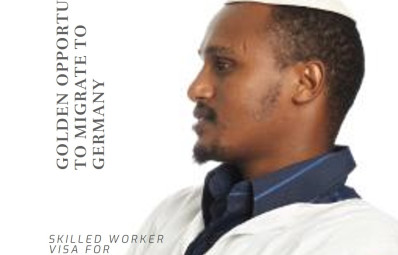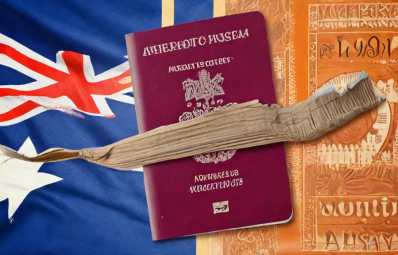Posted At: Sep 05, 2023 - 305 Views
The types of work permits available depend on a variety of factors, including the applicant’s qualifications, the kind of job they will be doing, and the amount of time they plan to stay in Ireland.
The most common type of work permit is the General Employment Permit, which is suitable for those who have a job offer from an employer in Ireland. This permit allows the applicant to take up a specific job with the employer, and also allows them to stay in Ireland for a maximum of five years. To be eligible for a General Employment Permit, applicants must have the necessary qualifications and experience for the job, and the employer must be able to demonstrate that they cannot source the same skills from an Irish or EU citizen.
The General Employment Permit is designed to fill gaps in the Irish labour market. In order to be eligible for the permit, the applicant must meet certain criteria including being qualified to do the job, having the necessary skills, and being a person of good character. The permit is valid for two years and can be renewed after that.
The General Employment Permit covers a wide range of occupations, including:
• Medical professions, such as doctors, nurses, and pharmacists.
• Technology and IT professionals, including software developers, engineers, and web designers.
• Construction workers, including electricians, plumbers, and carpenters.
• Business professionals, including accountants, financial analysts, and marketing specialists.
• Education professionals, such as teachers, lecturers, and tutors.
• Hospitality staff, including chefs, waiters, and receptionists.
The list of eligible occupations for a GEP is updated regularly and can be found on the DBEI website. It is important to note that the list is subject to change, and certain occupations may not be available at any given time. Furthermore, applicants should ensure that they meet the minimum requirements for the occupation before applying for a GEP.
In addition to the occupations listed, the DBEI also considers applications from highly skilled individuals. This includes those with specialised skills, such as scientists, researchers, and engineers
The General Employment Permit also provides certain benefits to the employer. Employers can access a pool of qualified workers from overseas and can also benefit from the lower payroll taxes that come with the permit.
It is important to note that the permit does not provide an automatic right to work in Ireland. The employer is required to submit a job advertisement and demonstrate that they have been unsuccessful in recruiting a suitable candidate from the domestic labour market.
The permit is valid for two years, but can be renewed after that. It is important to note that the permit does not provide an automatic right of residence in Ireland. The permit holder must apply for a residence permit in order to remain in the country after the permit expires.
The General Employment Permit is an important tool for employers to fill gaps in the Irish labour market. It is also an opportunity for foreign workers to gain legal employment in Ireland and to benefit from the lower payroll taxes associated with the permit.
Eligible Occupations:
https://enterprise.gov.ie/en/what-we-...
https://enterprise.gov.ie/en/what-we-...
The Critical Skills Employment Permit is suitable for applicants with the necessary qualifications and experience for certain in-demand jobs. This permit is designed to attract highly-skilled professionals, and allows applicants to stay in Ireland for up to two years. Eligible occupations include those in fields such as technology, engineering, finance, and healthcare.
The Contract for Services Permit is also available to non-EU citizens. This permit is suitable for those who are contracted to perform services in Ireland, such as consulting or auditing. This permit allows the holder to stay in Ireland for up to two years, and permits them to change employers without the need to apply for a new work permit.
Finally, the Reactivation Employment Permit is designed to encourage foreign nationals already living in Ireland to take up employment. This permit is suitable for those who are already in Ireland with a stamp 4 permission, and allows them to take up employment without the need to apply for a new work permit.
The Irish government’s work permit system allows foreign nationals to work in Ireland, and is designed to attract highly-skilled professionals from around the world. There are a number of different types of work permits available, and each type has its own eligibility criteria. It is important to understand the requirements for each permit in order to ensure that you are eligible for the one that best suits your needs.
Ireland Immigration: https://www.irishimmigration.ie/






